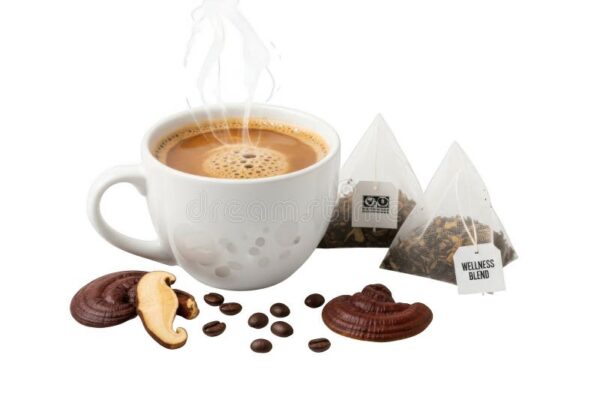Blog
How Can Coffee Be Non Halal?
Once upon a time, coffee was considered non-halal; now, however, millions around the globe consume this popular energy drink as part of a healthy lifestyle. Coffee beans travel an intricate path before reaching millions around the globe as part of daily breakfast rituals – from farms to cups – making halal certification possible.
Coffee was initially classified as forbidden due to caffeine’s perceived addictive and narcotic properties. Many Muslim leaders forbade its consumption, until later discovery showed it could actually act as a mild stimulant without intoxication; as such it has since been reclassified as halal food, used by people to increase focus and productivity during work as well as Islamic activities and traditions.
Coffee is not only halal but is a staple ingredient of many baked goods and beverages, requiring all its components to come from sources which adhere to Islam. This is especially important in bakery products which include ingredients like eggs and butter alongside milk; manufacturing processes must also remain free from animal fat that would breach this condition.
Companies looking to ensure all ingredients used are halal must work with an established certifying authority such as JAKIM in order to obtain a halal certificate that gives consumers confidence that they are consuming an appropriate product, including proof that all components came from reliable halal suppliers.
When searching for halal-certified coffee, it is vitally important to read and carefully scrutinize its label. Keep an eye out for packaging with a certification mark; read through and carefully examine its list of ingredients; if unsure, reach out directly to the company to inquire about their sourcing methods.
Companies need quality control systems in place in order to effectively ensure all ingredients used are halal. This will allow them to identify any non-halal components before they’re put into production and observe stringent hygiene practices in order to avoid cross-contamination with non-halal components or processes that could compromise their products, potentially including forbidden elements that would violate Islamic Law. It should be remembered that halal certification does not only apply to food products like foodstuffs or beverages but can also cover products made with animal fat like perfume or soap made with animal lard.



